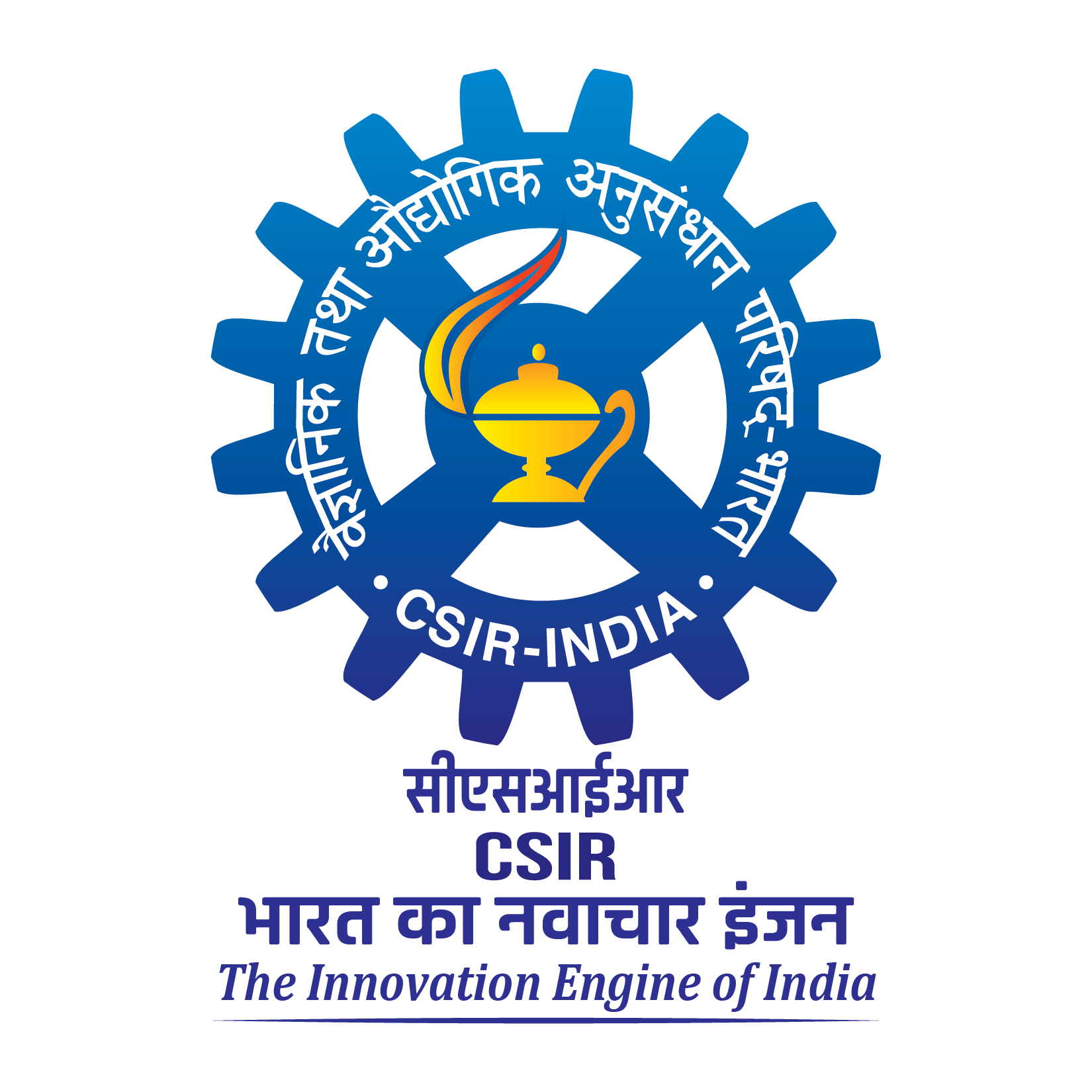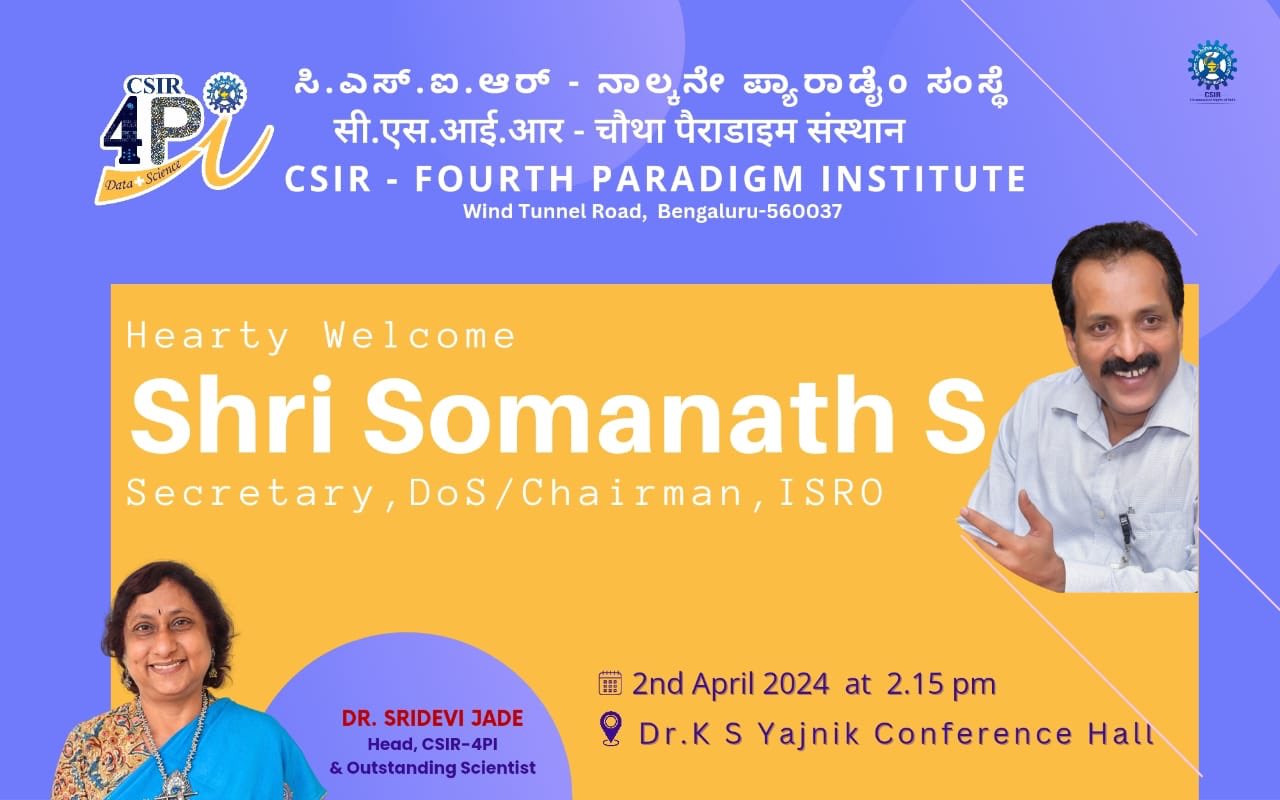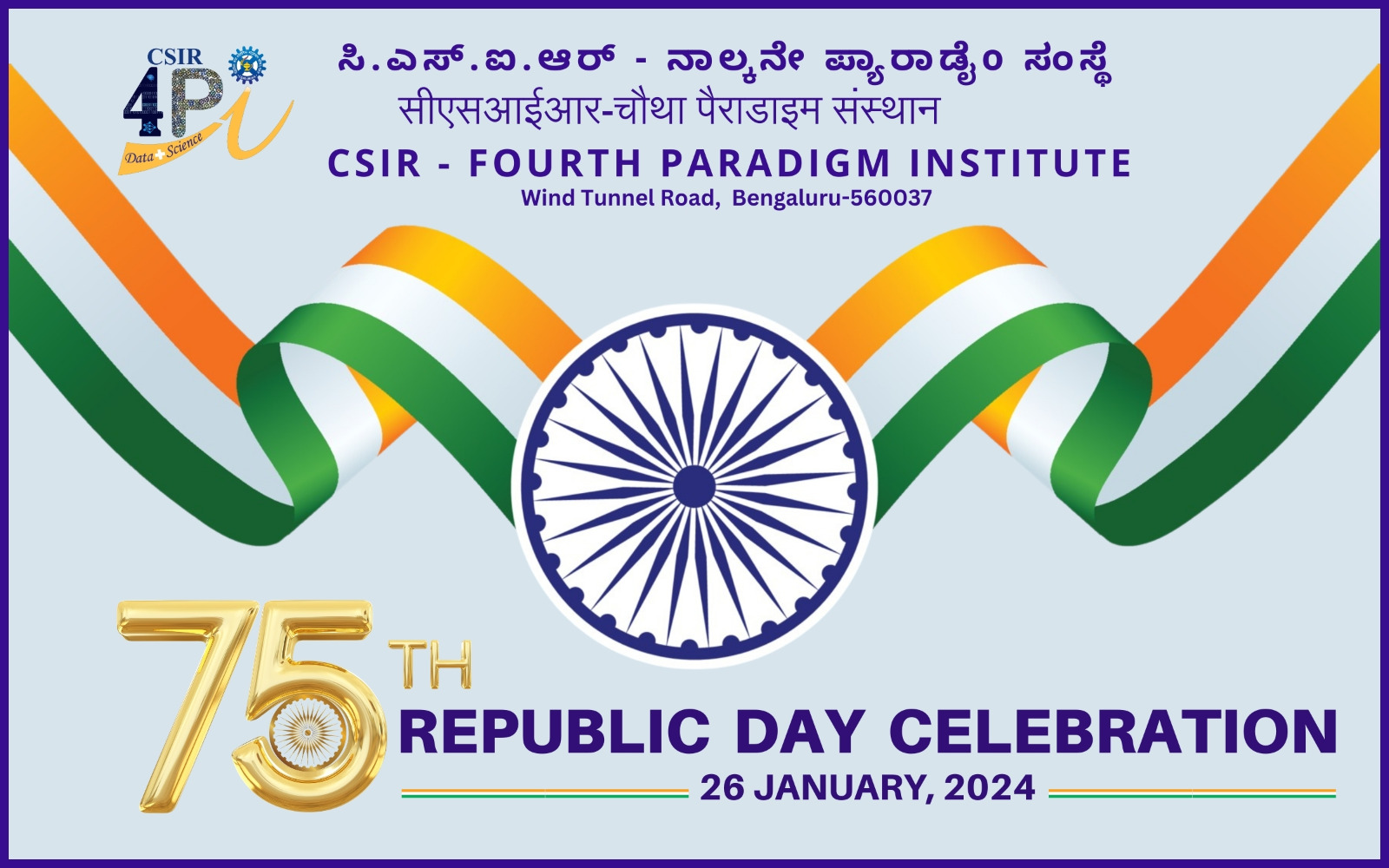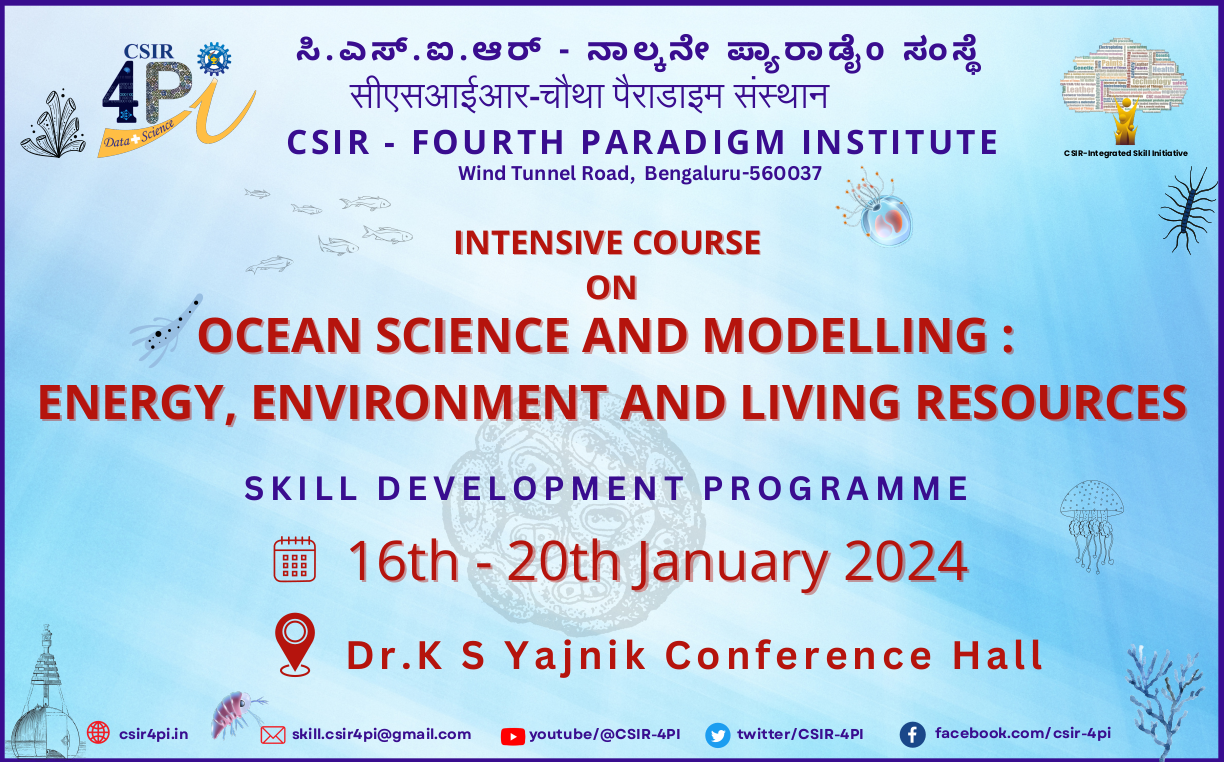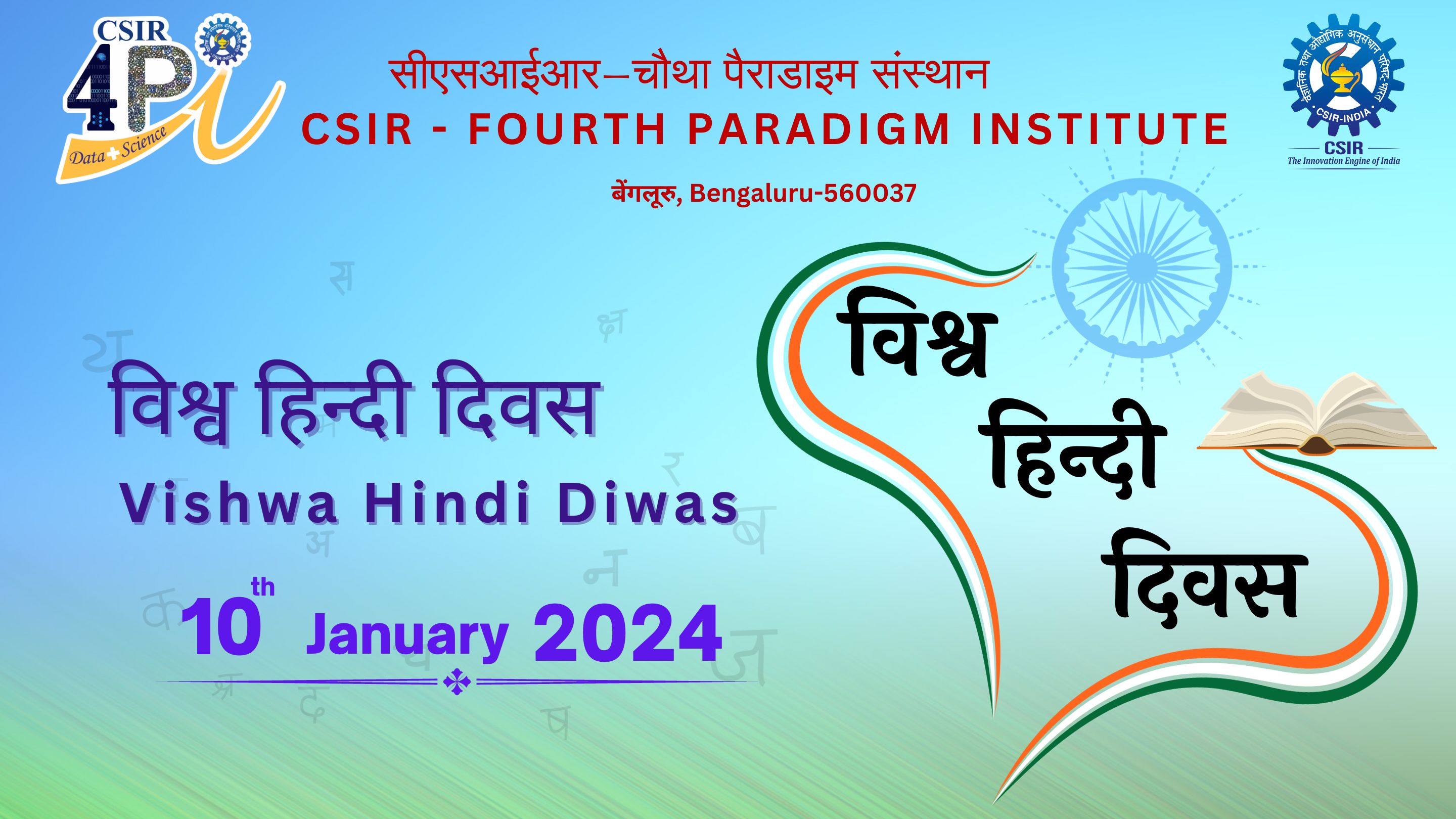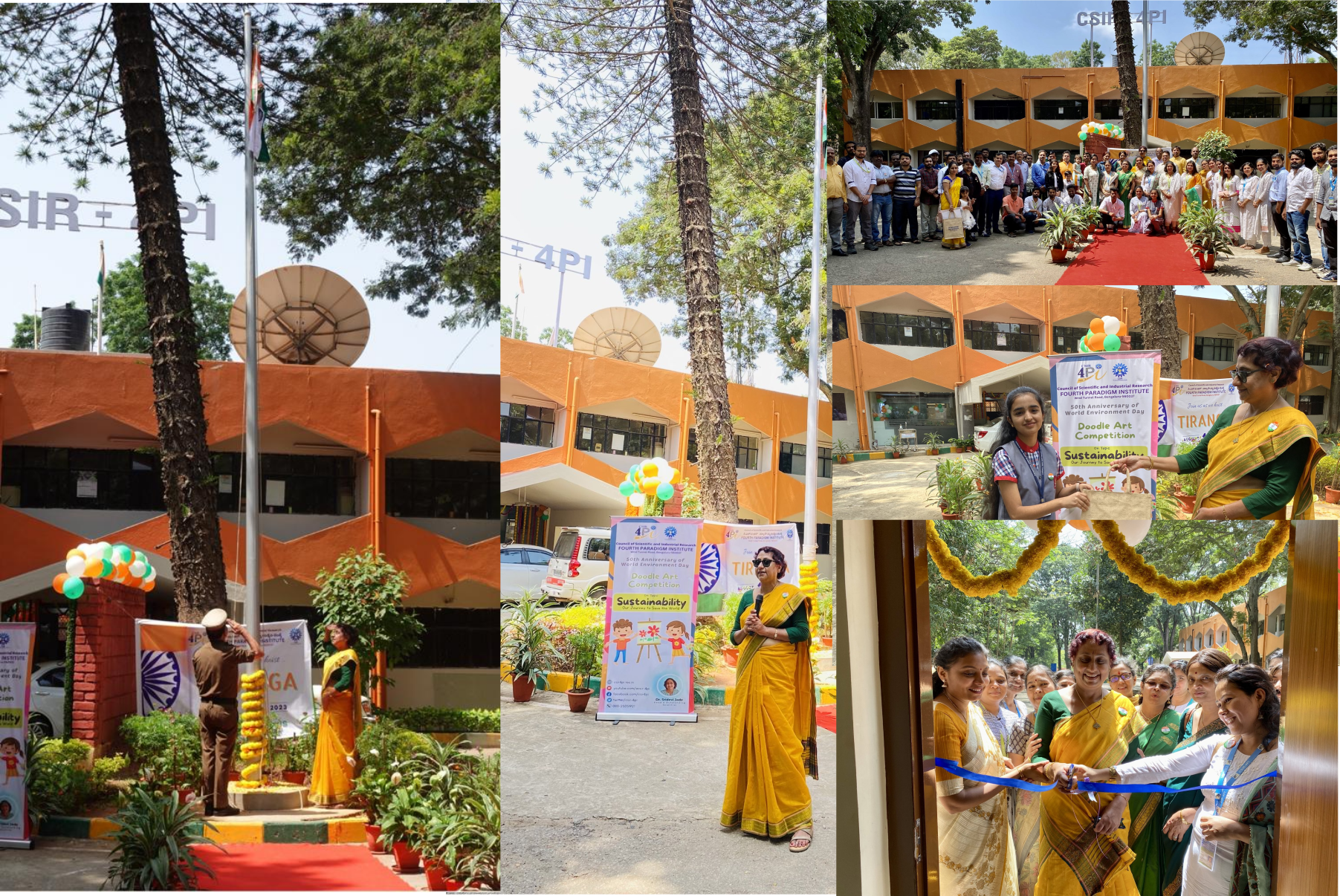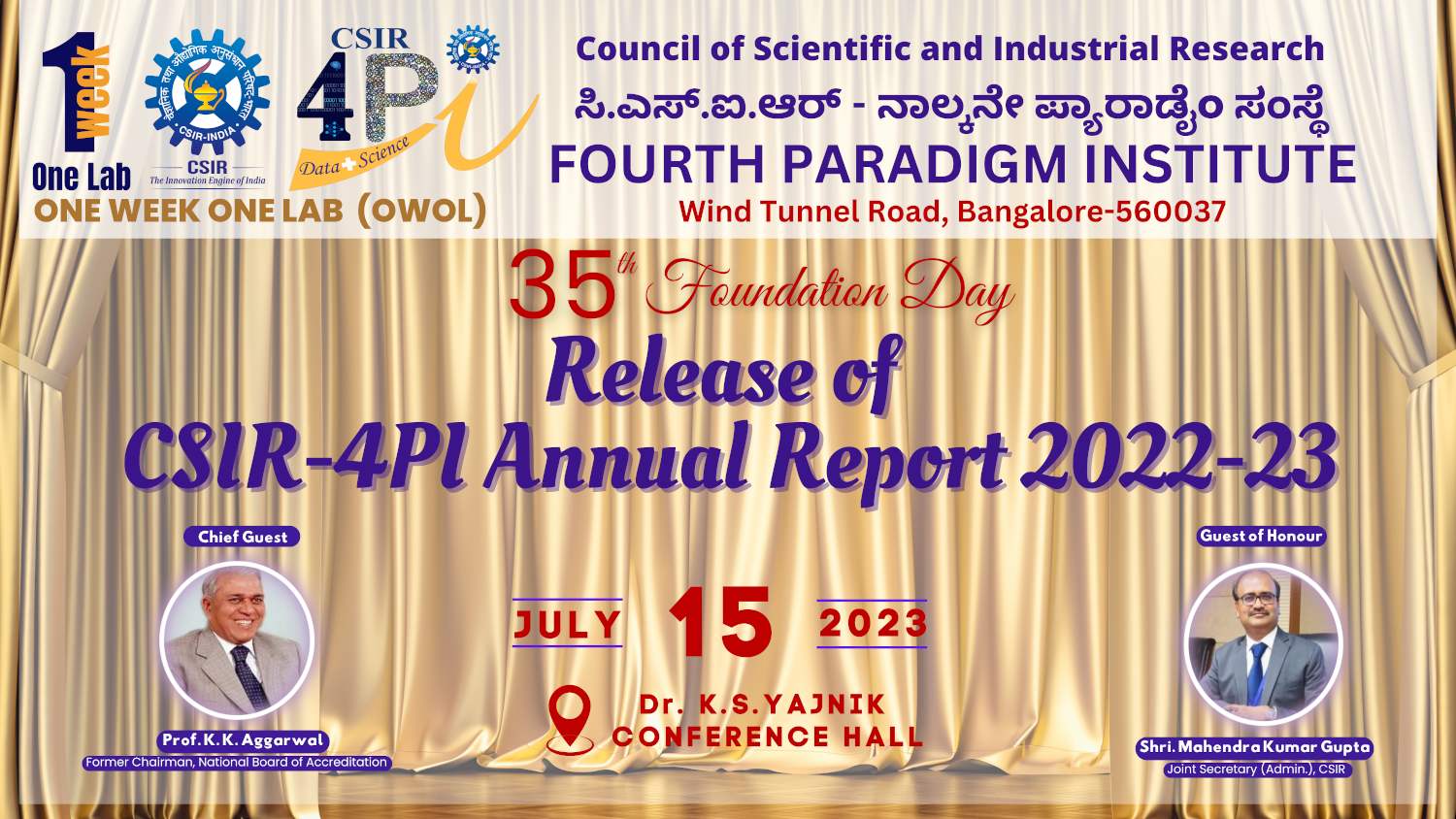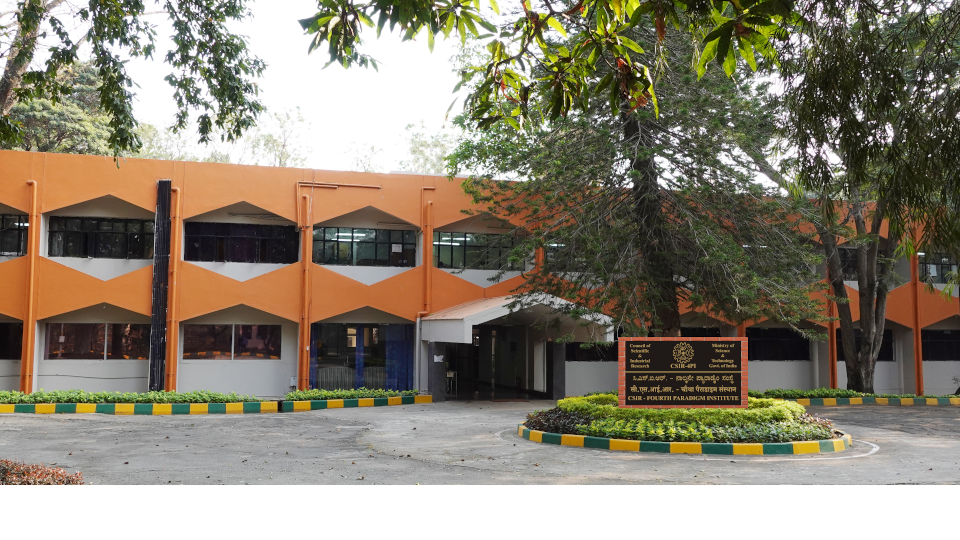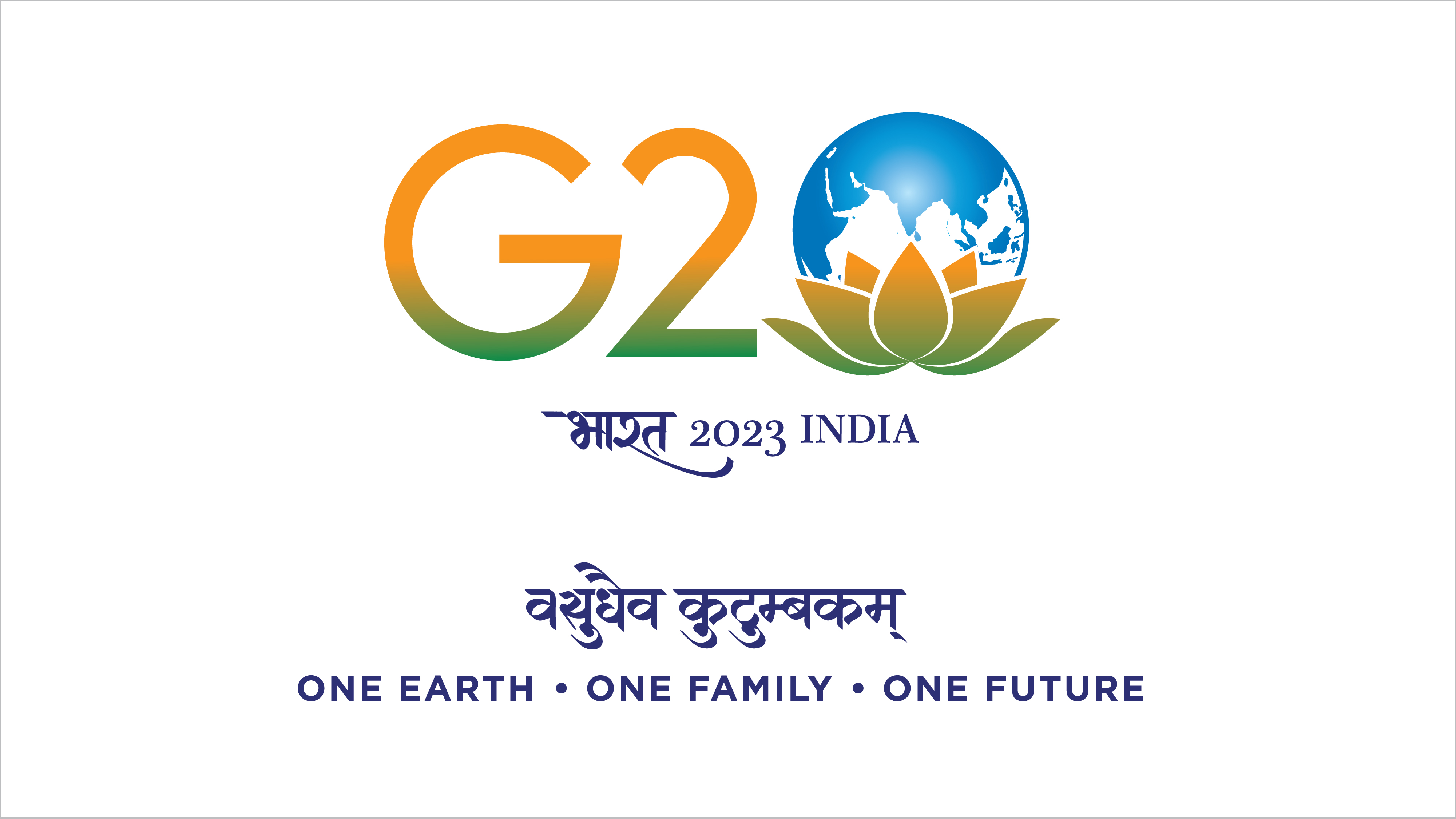by Bishnupada Sethi, Krushna Chandra Gouda, Sarat Chandra Sahu, Manas Kumar Mallick, Amrutanshu Panigrahi & Satish Kumar Samal
In the recent years, extreme temperature i.e. cold in winter and warm in summer has been observed in the coastal Odisha state in the east part of India. Hydro-meteorological disasters such as floods, droughts, heat waves and cold spells being experienced nowadays are unprecedented in living memory. In this work the climate variability over the coastal Odisha region is quantified considering the temperature parameter. A climate departure index (CDI) of three versions (simple, absolute and least-square) are calculated using monthly, annually and seasonally maximum, minimum as well as mean temperature form seven stations in the costal Odisha for the period 1969 to 2018 for assessing the degree of normal/unusual/extreme of a particular year in compared to the long-term average for the specific coast under consideration. Temperature time series data for the period 1969 to 2018 are homogenized by using the relative comparison between station observations and composite reference series by calculating CDI. Results indicates that CDI values of least-square on all cases are comparatively greater than simple and absolute CDIs. Least-square method is the appropriate method for determining the category of a year or a month or a season in terms of the temperature variation. Analysis based on mean temperature infers that only twenty extreme seasons are observed in monsoon season while three normal are observed during the month of October i.e., in post-monsoon season over the coastal Odisha. The relationship of climatic event including El Nino or La Nina feature of a particular year with respect to CDI is also investigated. The climatic variability is very high on some of the years based on analysis of index values of annual average of the temperatures (maximum, minimum and mean) over a region.
Source: https://doi.org/10.1007/s00024-024-03465-5
